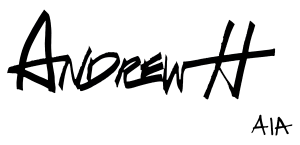So I was having a conversation with some professor colleagues the other day and we got on the subject of knowledge versus tools. The basic idea of this chat was about what students should be learning during their architectural education. Which of these two ideas is more important or should take emphasis in the education of young students? So how can we frame the discussion?
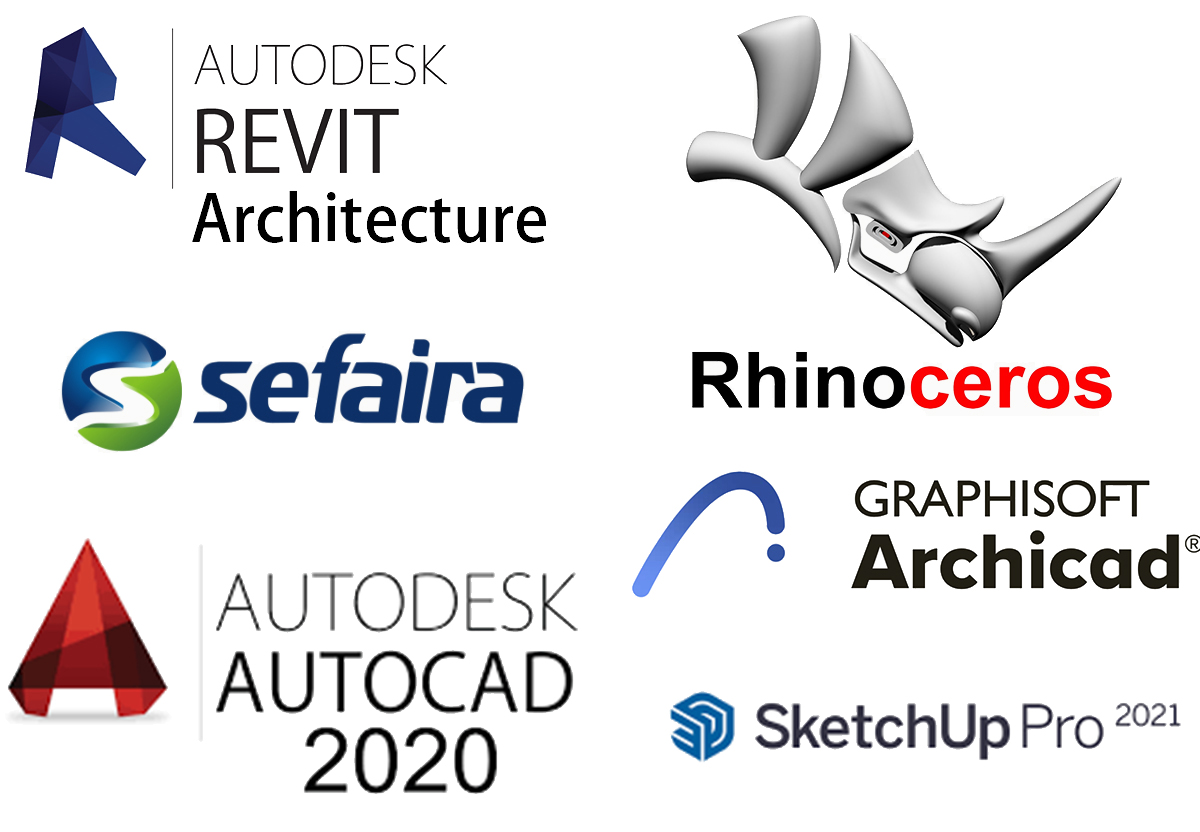
Tools
So when I was in school the tools of the profession were a bit different than today. I was taught mostly with a parallel bar, pens, pencils, and markers; x-acto knives, chipboard, basswood, and glue. There was the very beginning of computer software drafting at the time. So I was able to take an AutoCAD (like R10 or R11) course and there was another drafting class taught using Microstation. (like Microstation 5.0) These were not a requirement by any means and at least at my current college, these drafting courses are no longer even available. There is a long list of reasons for this, but as a state school, the degree hours were mandated and the undergraduate degree lost a full 12 hours of credits. In that, a course on “tools” was cut from the degree plan. While I am not certain this is ultimately an issue, the consequences of this have impacted their education. They are now mostly relegated to learning software on their own or in small doses from certain studios. Is it necessary that students learn specific tools during school?
In the “old days” school did teach students how to use a pen, pencil, and drafting tools. Those were the limited tools of our practice. Today things are much different. There are multiple tools that can be utilized to create our work. So the question becomes should education focus on those tools? Is it imperative that students finish school with a level of knowledge of the profession’s tools? Before I began teaching a few years ago, my answer was an emphatical yes. I felt that students that I hired in my office did not know enough about how to work with the tools used in my office. But in reality, I don’t think that was my complaint. It was more about a different type of issue that dealt with technical or professional knowledge (that is another conversation) but the tools today used to create our work is a vast array of possibilities that vary by industry sectors, project type, office size, and of course personal preferences.
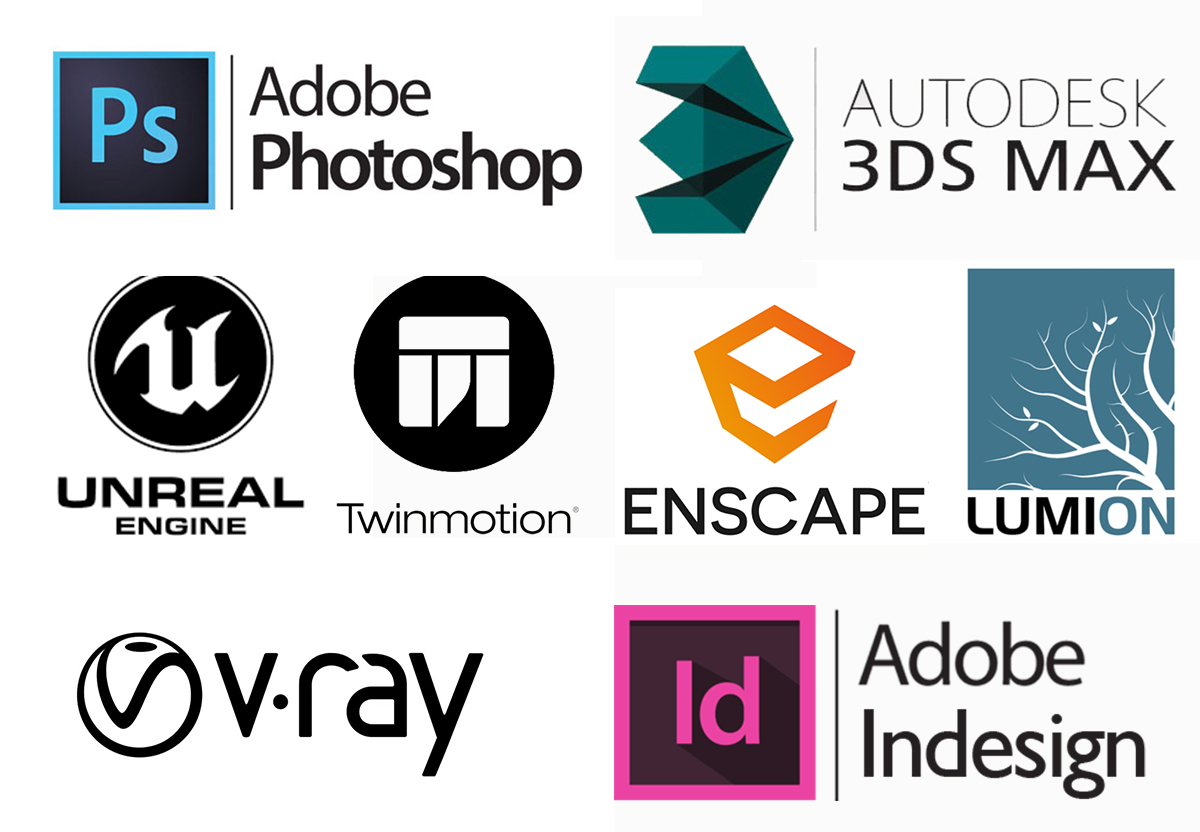
Knowledge
So what I call another side of this argument is about knowledge; the knowledge of design, the process of creation, and some of the technical issues related to the practice of architecture. Of course, that is a wide range of knowledge to our profession as well. This is the point at where I think many of my colleagues differ in their opinion. Some think the lesson should be all about design and design only. These tend to be heavy on the theoretical and unimaginable; pushing architecture to its limits. Others tend to lean more towards technical knowledge. All the specifics of practice, materials, and techniques used in the profession are their focus. After a few years of teaching, I am settling into a position that is in between the extremes. I want to create a balance of both in my classes and strive to provide both types of knowledge. I think this relates to our previous discussion on the last podcast episode where I express my feelings about a larger breadth of knowledge as opposed to a very specific level of knowledge. Ep 075: Should Architects Do it All
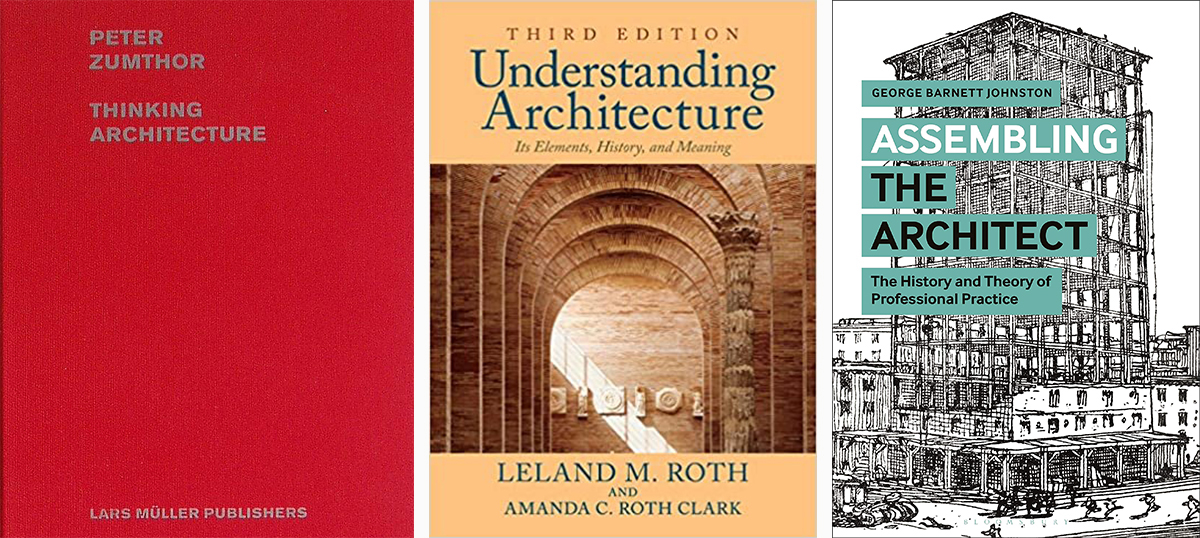
Conflict: Knowledge versus Tools
I must admit that I think a large part of my argument for knowledge over tools is actually based on the tools used in architecture. I know that the tools used in our profession are constantly changing these days. In the past decade alone, the increased usage of technology within the professional has been astounding. I do not see this as something that will be slowing any time soon. While I think that the use of these tools is very important, I am not sure that it’s critical to “teach” them. They change so fast and also create limitations. I also know every firm uses a different set of tools or uses the same tools in different ways. I honestly think there are no two firms that use Revit the same way. Seriously. So for that reason alone, I am not certain that specific or intense knowledge of the tools should be the priority to teach/learn during school. It should be the knowledge about the decisions that are required by those tools. This is then independent of the tools and can be applied to the use of any tools moving forward.
The idea of learning how to think about design decisions is something to be learned while in school. That knowledge, if bestowed appropriately, can they translate across all tools and even (ideally) into the tools of the future. While I think students should use these tools to create work during school, I do not think that the educational emphasis should be placed on those tools. Or should they? Does the use of today’s cutting-edge tools lead to the development of new tools and processes? I can see that as an argument as well. There is a large part of me that really enjoys technology. If you know much about me at all, you know I am a bit of a technology geek. But the more I teach, the less I want to push specific technological tools. I begin to wonder if that tool then begins to drive the architecture too much. For example, if we had to say … “if it were not for Tool X this project would not be possible” or “Tool X did not allow me to do that” or “I could not figure out how to make it work in Tool X so I opted not to do that“. I am not certain how I feel about those types of statements. And I tend to hear them quite often from some of my students. I am still attempting to figure it out and put it into a perspective that allows for future tools and adaptation. While I love the tools, I am not sure how much they should drive or impact the work. I think that sometimes the tools tend to drive the projects or even that projects are developed based solely on specific tools.
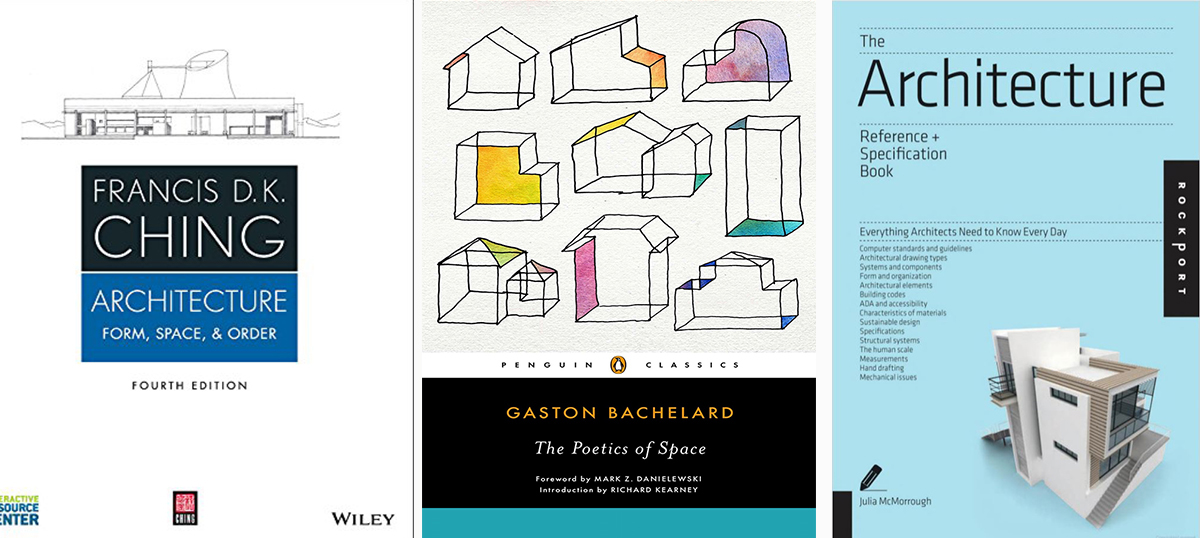
This is a discussion (or post) that could go on for much longer than presented here, this was just the tip of the proverbial axonometric iceberg. But I suppose some food for thought. For now, it remains a formulation in process and progress and quite honestly, one that may never be resolved due to the consistency of change.
Until next time,
